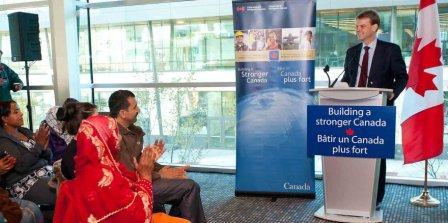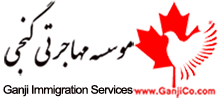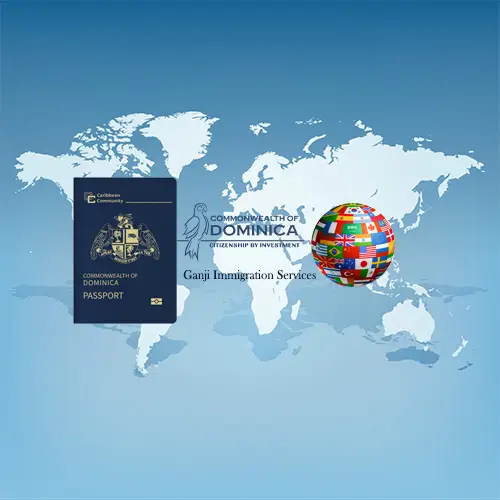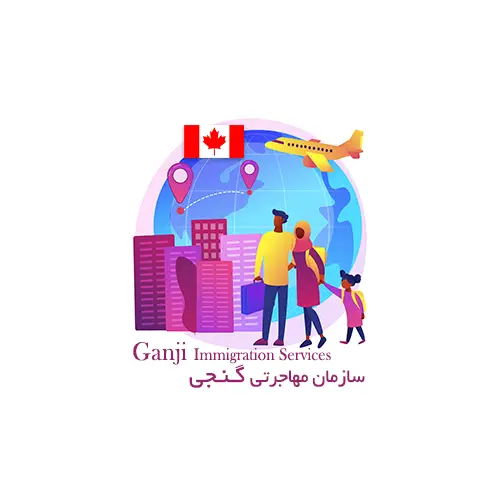
تغییرات پیشنهادی در قانون شهروندی کانادا در سال 2014
کریس الکساندر؛ وزیر مهاجرت و شهروندی کانادا، در مصاحبه با یکی از شبکه های خبری در تاریخ ششم فوریه 2014 مواردی را در مورد قوانین شهروندی کانادا پیشنهاد نمود.
تغییرات اگر به تصویب پارلمان برسد، به شرح زیر خواهد بود:
- برای دریافت شهروندی، از تاریخ تصویب این قانون کلیه افراد باید 4سال از 6 سال (1460روز) در خاک کانادا حضور داشته باشند. حداقل حضور در هر سال از 186 روز کمتر نباشد. روزهای حضور در کانادا بدون داشتن PR (مانند ویزای کار، دانشجویی، ویزای توریستی و ...) محاسبه نخواهد شد. مدارک بیشتری از متقاضیان برای اثبات شهروندی تقاضا خواهد شد.
- کلیه افراد بین سن 14 تا 64 سال می بایست باید مدرک زبان خود را (IELTS، CELPIP) را در زمان تقاضای شهروندی کانادا ارائه دهند.
- به فرزندی که از پدر و مادر با ویزای غیر دائم (مانند توریستی) در خاک کانادا به دنیا آمده باشد، شهروندی تعلق نمی گیرد.
- کسانیکه که جرم آنها در مواردی همانند تروریست یا سیاسی ثابت شود، شهروندی خود را از دست خواهند داد.
- کسانیکه به اظهارات خلاف واقع در مورد شهروندی کانادا داشته باشند، 5سال زندان و صد هزاردلار جریمه خواهند شد.
- قدرت وزیر مهاجرت در اعطاء شهروندی کانادا افزایش خواهد یافت.
- یک روند مشخص و یک مرحله ای ودر زمان بسیار کوتاه برای بررسی پرونده های شهروندی اجرا خواهد شد.
- تمام افراد بزرگسال باید حتما مالیات هر ساله خود را فایل کرده باشند.
- برای افرادی که در ارتش کانادا خدمت می کنند، خدمات سریعتر و بهتری اعمال خواهد شد.
بیشتر این تغییرات از تجربه کانادایی ها در چند سال گذشته ناشی می شود، مثلا لغو تابعیت فرزند به دنیا آمده در خاک کانادا به دلیل ورود تروریست هایی است که به قصد به دنیا آوردن فرزند وارد کانادا می شوند. همچنین در مورد افزایش حضور در کانادا به دلیل تراکم پرونده های شهروندی سال 2011-2012 که بیش از 330 هزار پرونده است، بوده. زیرا کانادا طی 5 سال گذشته انتظار این همه پرونده شهروندی را نداشته است. البته آنها معتقدند که این تغییرات روند بررسی پرونده ها را کوتاه تر خواهد نمود.
اما این موارد مخالفان بیشماری دارد، منتقدان این قوانین معتقدند که با این تغییرات روند بررسی پرونده ها کوتاه تر نخواهد شد و مانند موردی که مثلا در پرونده های فدرال یا کبک در مورد اسکیل ورکر یا سرمایه گذاری اتفاق افتاد، خواهد بود.
Canadian Government: Stop Bill C-24! Don't turn millions of us into second class Canadian citizens
به نظر آقای گنجی-وکیل رسمی مهاجرت کانادا- این تغییرات برای کسانیکه در حال حاضر در کانادا به قصد کار، تحصیل و زندگی حضور دارند، مشکلی بوجود نخواهد آورد، بیشتر برای کسانیکه قصد تقلب و اعمال موارد خلاف قانون را دارند مشکل ساز خواهد بود که بسیار مفید است و همه کانادایی های مقیم یا مهاجر با آن مخالفتی ندارند. البته نکته دیگر اینکه، تمام کسانیکه در حال حاضر (بهمن 1392- Feb 2014) برای شهروندی کانادا اقدام می کنند شامل این قوانین نخواهند بود.
Strengthening Canadian Citizenship Act: A comparative view
| Current Act | Proposed Act |
- Residence for three out of four years (1,095 days);
- No requirement that resident be physically present;
- Time as a non-permanent resident (non-PR) may be counted toward residence for citizenship;
- No intent to reside provision
| - Requires physical presence for four years (1,460 days) out of the six years;
- 183 days minimum of physical presence per year in four out of six years;
- Eliminate use of time spent in Canada as a non-permanent resident (non-PR);
- Introduce “intent to reside” provision
|
- Adult applicants aged 18–54 must meet language requirements and pass knowledge test; upper age limit of 54 currently established by policy, not in legislation;
- Applicants can meet knowledge requirement with assistance of an interpreter
| - Requires applicants aged 14–64 to meet language requirements and pass knowledge test;
- Applicants must meet knowledge requirement in English or French
|
- Most “Lost Canadians” had their citizenship restored in 2009, but some “Lost Canadians” were not covered by that change and are not eligible for citizenship
| - Extends citizenship to “Lost Canadians” born before 1947 as well as their 1st generation children born abroad
|
- Bars getting citizenship from people with domestic criminal charges and convictions
| - Expands bar on getting citizenship to people with foreign criminal charges and convictions
|
- Consultants not required to be registered or regulated in order to represent individuals in citizenship manner;
- Few tools to deter fraud and ensure program integrity;
- Fines and penalties for fraud are a maximum of $1,000 and/or one year in prison
| - Defines who is an authorized representative and provides authority to develop regulations to designate a regulatory body whose members would be authorized to act as consultants in citizenship matters;
- Authority to refuse applicant for fraud; fines and penalties for fraud are a maximum $100,000 and/or five years in prison
|
- Governor in Council (GIC) final decision maker for citizenship revocation
| - Gives Citizenship and Immigration Canada (CIC) Minister authority to decide on routine revocation cases
- Complex revocation cases such as war crimes, crimes against humanity, security, other human or international rights violations, and organized criminality decided by the Federal Court
|
- GIC final decision maker on discretionary grants of citizenship
| - Gives CIC Minister the authority to decide on discretionary grants of citizenship
|
- Limited authority to define what constitutes a complete application
| - Establishes authority to define what constitutes a complete application and what evidence applicants must provide
|
- Citizenship grant is a three-step decision-making process
| - Changes citizenship grant to a single-step process that reduces duplication and improves processing times.
|
- No requirement to file Canadian income taxes to be eligible for a grant of citizenship
| - Requires adult applicants to file Canadian income taxes, as required under the Income Tax Act, to be eligible for citizenship
|
- No authority to revoke citizenship for acts against Canada’s national interest
| - Establishes the authority to revoke Canadian citizenship from dual citizens who were members of an armed force or an organized armed group engaged in armed conflict with Canada, and deny it to PRs for the same reasons
- Authority to revoke Canadian citizenship and deny it to PRs who are convicted of terrorism, high treason, treason, or spying offences, depending on the sentence received
|
- No fast-track mechanism for citizenship for members of the military to honour their service to the Canadian Armed Forces and address deployment challenges
| - Creates a fast-track mechanism for citizenship for PRs serving with—and individuals on exchange with— the Canadian Armed Forces to honour their service to Canada
|















